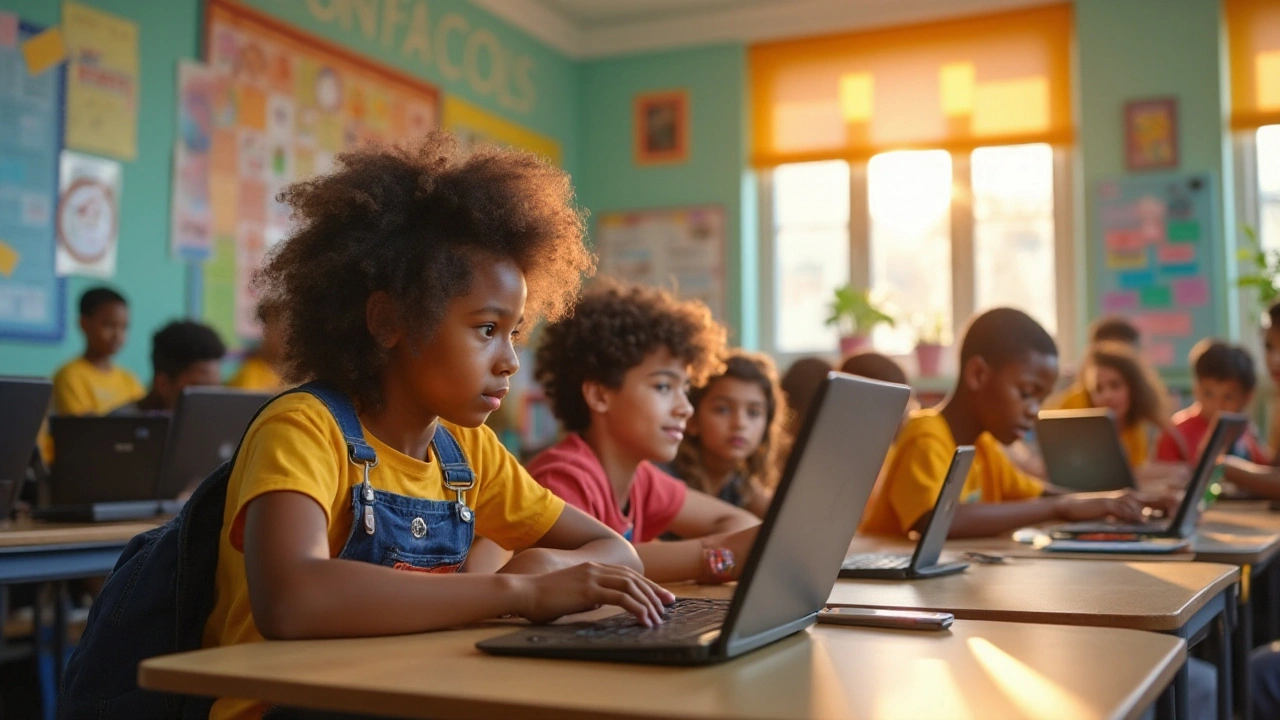Coding Basics: Start Programming with Simple Steps
If you’ve ever wondered how to turn an idea into a working app, the answer starts with coding basics. You don’t need a computer science degree or a fancy gadget—just a willingness to try, a few free tools, and a clear path. Below you’ll find the exact steps that helped hundreds of beginners move from curiosity to confidence.
Why Learn to Code?
Programming is more than a career booster; it’s a way to solve everyday problems. Want to automate a boring spreadsheet? Build a personal website? Even customizing a smart home routine becomes easier when you speak the language of computers. Learning to code also sharpens logical thinking, making decision‑making smoother in any field.
First Steps to Start Coding
The easiest entry point is Python. Its syntax reads like plain English, and it powers everything from data analysis to AI. Grab the free installer from python.org, run it, and open the built‑in IDLE editor. Your first script can be as simple as print('Hello, world!'). Running it confirms that your setup works and gives you that instant “I did it!” feeling.
Once you’ve written hello‑world, focus on three fundamentals: variables, loops, and conditionals. Variables store information—think of them as labeled boxes. Loops let you repeat actions without rewriting code, and conditionals let the program choose different paths based on data. Practice each concept with tiny exercises, like calculating the sum of numbers 1‑10 or checking if a word contains a vowel.
Next, pick a project that excites you. A simple to‑do list, a calculator, or a random‑quote generator keeps learning purposeful. Break the project into tiny tasks: first, display a menu; second, capture user input; third, process the data. Completing each micro‑task feels like a win and pushes you forward.
Debugging is part of coding, not a sign of failure. When an error pops up, read the message, locate the line, and ask yourself what the code is trying to do versus what you intended. Tools like Python’s pdb debugger or the visual debugging in VS Code make spotting mistakes faster. Remember: every seasoned developer spends most of their time fixing bugs.
Build a habit of coding daily, even if it’s only 15 minutes. Consistency beats occasional marathon sessions. Use a simple timer, set a goal, and log what you learned each day. Over weeks you’ll notice patterns, and concepts will start connecting without extra effort.
Free resources are abundant. The official Python tutorial, Codecademy's interactive lessons, and YouTube channels like “Corey Schafer” walk you through real examples. Join a community—Reddit’s r/learnprogramming or Discord study groups—so you can ask quick questions and see how others solve similar problems.
When you feel comfortable with basics, expand your toolkit. Learn Git for version control, explore web frameworks like Flask or Django, or dip into JavaScript if you want to add interactivity to websites. Each new skill builds on the foundation you’ve already set.
Finally, treat every project as a portfolio piece. Even a tiny script posted on GitHub shows future employers that you can take an idea from concept to code. Keep the repository clean, write a short README, and update it as you improve the project.
Starting with coding basics is a journey of small, intentional steps. Pick a language, write your first line, practice core concepts, and keep building. Before you know it, you’ll turn ideas into working tools—just the way coding was meant to be.

Unlock the Secrets of Coding: A Beginner's Journey into Programming
This article unveils the mysteries of coding, guiding beginners through the essentials of programming in an engaging and light-hearted way. It breaks down intimidating concepts into digestible pieces, offering practical tips and common pitfalls to avoid. By the end of this tutorial, readers will gain the confidence to tackle their own coding projects, armed with newfound knowledge and a spirit of curiosity. The goal is to inspire and empower, making the world of coding accessible to everyone.